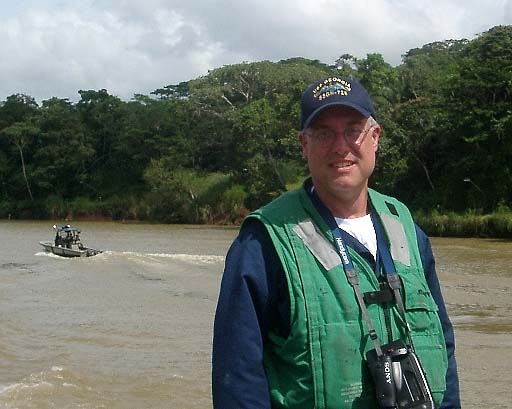This piece by Richard Halloran in the Washington Times provides some insight.
North Korean collapse?
Analysts everywhere point to a decade of hunger that has left 7-year-old North Korean children 8 inches shorter and 20 pounds lighter than their South Korean cousins. North Korean soldiers in a regime that gives priority to the military forces have been reduced to two skimpy meals a day. Factory workers nap on the floor for lack of food and energy.Regarding North Korea's "friends";
That has led to conjecture that North Koreans, despite the pervasive controls in the Hermit Kingdom's police state, may throw caution to the winds. "We just don't think they can go along with this much longer," said an American official with access to intelligence assessments.
The Peterson Institute for International Economics in Washington reports that North Korea, after 10 years of food shortages, stands on the precipice of famine that could have political consequences. "The possibility of widespread social distress and even political instability," the institute said in a study, "cannot be ruled out."
Another study, from the nonpartisan Congressional Research Service, says: "Dismal economic conditions also foster forces of discontent that potentially could turn against the Kim regime - especially if knowledge of the luxurious lifestyle of Communist Party leaders becomes better known or as poor economic performance hurts even the elite."
China and Russia no longer seem to have an ideological commitment to their fellow communists in North Korea and were clearly miffed when North Korea detonated a nuclear device in 2006. Japan has begun to negotiate warily with North Korea to get an accounting of the Japanese it kidnapped over a long period. Most sanctions remain in place....
Seoul's contacts with North Korea slowed after, among other things, a North Korean soldier killed a South Korean woman taking an early morning walk on a beach near the North Korean resort she was visiting. Moreover, South Korean young people have shown less interest in reconciliation with North Korea than their parents and grandparents because of the cost.
The opening ceremony of the Beijing Olympic Games, a political event if ever there was one, reflected power relations in East Asia. President Hu Jintao of China was the host, of course. U.S. President George Bush, the 43rd U.S. president, was there along with his father, President George H.W. Bush, the 41st. Premier Vladimir Putin represented Russia, Prime Minister Yasuo Fukuda represented Japan, and President Lee Myung Bak represented South Korea.
Kim Jong-il wasn't there.






No comments:
Post a Comment